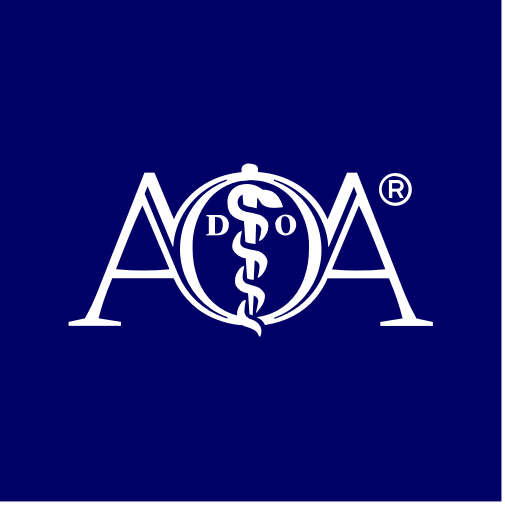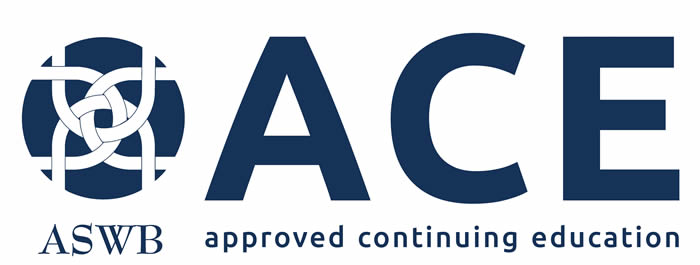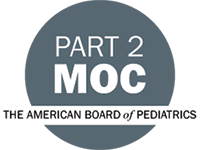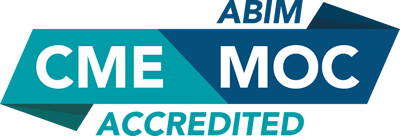
COURSE CREDITS & HOURS
16 AMA PRA Category 1 Credits™16 ACPE Credits
16.0 Contact Hours
16 CE Credits for Psychologists
16 ASWB ACE Credits
16 MOC (Part II) points in the American Board of Pediatrics' (ABP) Maintenance of Certification (MOC) program
16 (part II) MOC points in medical knowledge in the American Board of Internal Medicine's (ABIM) Maintenance of Certification (MOC) program
3.5 Hours of Pharmacology for Nurse Practitioners
COURSE FEES
TARGET AUDIENCE
PROGRAM PURPOSE
Participants will learn from the latest guidelines and the speakers experience how to address common and not so common illnesses. The learner will have an expanded awareness of considerations which they may care to implement in the care of the patient.
Topics:
- A Brief Look at the History of Medicine: Can the Dead Teach the Living?
- Discover that challenges we currently face today are not so new.
- Identify competent and compassionate approach to challenging clinical scenarios
- Dermatologic Emergencies and Urgencies
- Better Identify patients with life threatening skin disorders
- Diagnostic Dilemmas: What Does This Patient Have? Case Files
- Diagnose those with protean symptoms or signs, with an emphasis on life threatening, catastrophic disorders
- "Serenity Now": Caring for Addicts and their Families
- Recognize opportunities to intervene in helping patients and their families who suffer from addiction
- The Latest UTI Guidelines - What's New?
- Diagnose and treat those with urinary tract infections
- Office Evaluation of Abdominal Pain
- Interpret the subtle symptoms and signs of serious abdominal pain
- The Secret in the Care of the Patient - Without Getting "Your Hands Cut Off"
- Discover how to avoid malpractice by choosing good practices which will be clearly identified using concrete examples
- Healthcare Stories
- Appreciate the privilege inherent in caring for our patients and how it strengthens feelings of self-worth and joy
- Transcranial Magnetic Stimulation
- Gain a better understanding on the use of TMS and its application in the treatment of depression
- Pharmacogenomics
- Understand the impact of genetics on drug response and its role in pharmacologic management of patients
- Explore specific important pharmacodynamic and pharmacokinetic genetic variations in Psychiatry
- Updates on the treatment of ADHD
- Describe the History, Etiology and Pathophysiology of Attention Deficit Hyperactivity Disorder (ADHD)
- Describe the diagnosis and components of ADHD
- Define the important changes in diagnostic criteria for ASD in DSM-V
- Identify medication with empirical support for treatment of ADHD
- Identify non pharmacologic and alternative/complimentary treatments as well as other treatment modalities for ADHD
- Autism: current understandings and treatment
- Describe the History, Etiology and Pathophysiology of Autism Spectrum Disorders
- Define the diagnosis and components of ASD
- Define the important changes in diagnostic criteria for ASD in DSM-V
- Identify medication with empirical support for treatment of ASD
- Identify non pharmacologic and alternative/complimentary treatments as well as other treatment modalities for ASD

















 Credit Designation for Social Workers: As a Jointly Accredited Organization, Continuing Education, Inc is approved to offer social work continuing education by the Association of Social Work Boards (ASWB) Approved Continuing Education (ACE) program. Organizations, not individual courses, are approved under this program. Regulatory boards are the final authority on courses accepted for continuing education credit. Social workers completing this course receive 16 Clinical continuing education credits.
Credit Designation for Social Workers: As a Jointly Accredited Organization, Continuing Education, Inc is approved to offer social work continuing education by the Association of Social Work Boards (ASWB) Approved Continuing Education (ACE) program. Organizations, not individual courses, are approved under this program. Regulatory boards are the final authority on courses accepted for continuing education credit. Social workers completing this course receive 16 Clinical continuing education credits.






